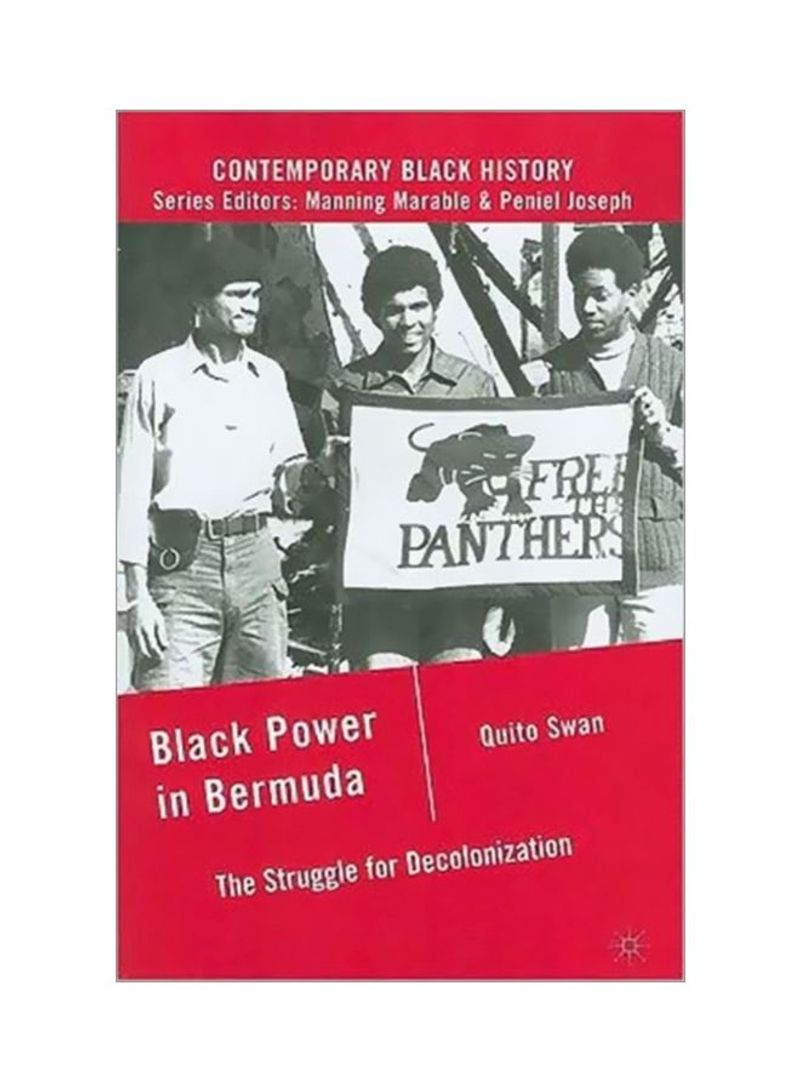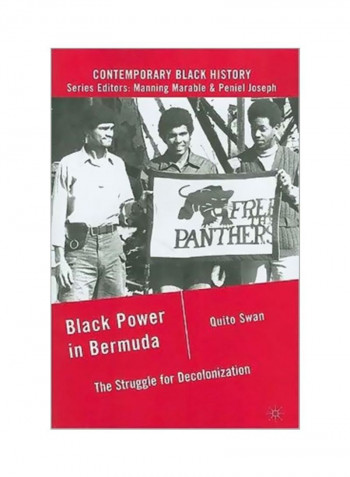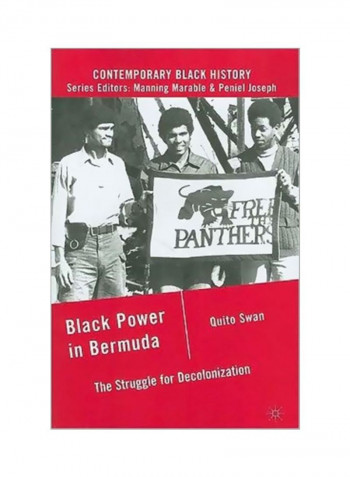Black Power In Bermuda: The Struggle For Decolonization Paperback
Recommend
Sort by
Rating
Date
Specifications
Grade
New
Author 1
Quito Swan
Book Description
This book examines the impact of Black Power on the British colony of Bermuda, where the 1972-73 assassinations of its British Police Commissioner and Governor reflected the Movement's denouncement of British imperialism and the island's racist and oligarchic society.
ISBN-13
9780230109582
Language
English
Publisher
Palgrave MacMillan
Publication Date
11 Oct 2010
Number of Pages
240
About the Author
Quito Swan is an Assistant Professor of History at Howard University, USA.
Editorial Review
Black Power and Decolonization both have been profoundly pivotal movements but it is only with the publication of this marvelous and riveting book that these two potent trends have been linked so effectively. Persuasively argued and beautifully written, this book makes an effective case for the importance of Bermuda as a laboratory for political developments that reverberated significantly on the U.S. mainland. - Gerald Horne, Author of Mau Mau in Harlem?: The U.S. and the Liberation of Kenya Black Power in Bermuda is a concise and scholarly discussion of the struggle for civil rights, Black nationalism, and political independence evolving in Bermuda during the mid to late twentieth century. Dr. Swan grounds his analysis in the historical context for rights that was pursued by blacks in Bermuda before this period and he demonstrates the interconnectedness between these local political movements and the larger, global, anti-colonialism of the period. Bermuda, he demonstrates, was part them: as influential contributor, as receiver of influence. Dr. Swan s narrative, strongly reflective of classic historiographic method, adeptly utilizing considerable primary and secondary source material, provides an important and powerful voice to the discourse on Bermuda s political history, and is destined to become a classic in the field. - Clarence V.H. Maxwell, Assistant Professor, Latin American and Caribbean History, Millersville University



